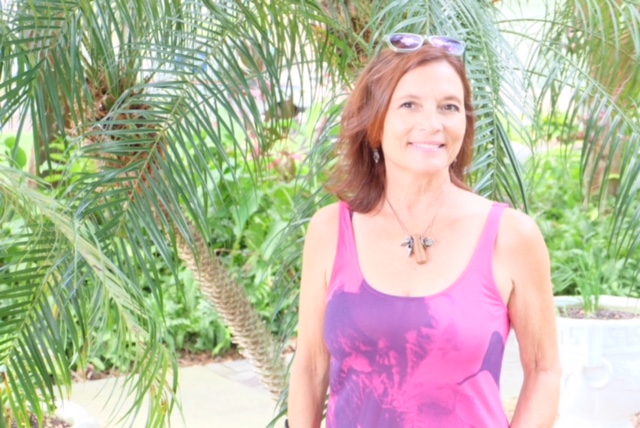
“Grief is really just love.
It’s all the love you want to give, but cannot. All that unspent love gathers up in the corners of your eyes, the lump in your throat, and in that hollow part of your chest. Grief is just love with no place to go.”
— Jamie Anderson
In the midst of our ‘grief’, these words, like so many, bring us a degree of comfort or relief from a feeling we don’t know how to juggle. Grief is something we know we will all likely experience at some point in our lives and one we desperately want to understand. I’ve lost both grandparents, both parents, and I’m sad to say many close friends over the years. I’ve lost a number of beloved pets, and this is often tougher because they give so much and take so little from us.
I recently started coaching a young women who lost her partner of 9 years in an accident. After he lay in ICU for several weeks with a collapsed lung and critical brain injury, the choice was made by his family to release him from a respirator. It seemed all opinions were conclusive, medical ones. My client was not yet ready to let him go, when are we ever?
In my work with this woman, I referenced the five stages of grief. I am aware that not all current theories agree, but in my lifetime I can say they are pretty true to this:
The Five Stages of Grief by Elizabeth Kubler-Ross (Kubler Ross Model)
These are:
- denial
- anger
- bargaining
- depression
- acceptance
Not everyone will experience all five stages, and you may not go through them in this order. Other recent ideas suggest seven stages which elaborates some on these five. The reason these help is that the human soul who is grieving finds validation and understanding in feeling that they have not fallen off the roller coaster, that this is pretty usual during loss and sadness.
I also introduced her to a book my grief counselor shared with me during the loss of my dad, The Four Agreements by Don Miguel Luis. Particulary helpful at the time was this: DON’T TAKE ANYTHING PERSONALLY. Because people say things that don’t come out right, everyone responds differently, they say and do things that hurt or make us angry. If we can remember that in most cases, people are afraid, they don’t know what to say to you, what comes out of their mouth has nothing to do with you. I’m sorry it’s this way, it can make grief more difficult, but most important is to realize it’s most likely not personal.
So, today we are closing in on the holidays, and I personally know more than a few people facing their first season without a beloved spouse or loved one. It’s important we check in, pay attention to how they are feeling and coping, make sure they aren’t feeling too alone. In other words, sometimes we really need to work through things alone, but not always. Check in, meet for coffee or wine, hug your people. Grief is hard.
I feel it’s important to clarify that I am not specifically a grief coach or counselor. What I am is a person who has been on the grief roller coaster, and I”m an empath, an open heart, and a trained coach. I’m learning how to gently approach a human soul in this kind of pain, and I’m learning that some days we don’t ‘approach’ at all. We hold space, we love, we acknowledge and validate their feelings, all of them.
With Love ❤

